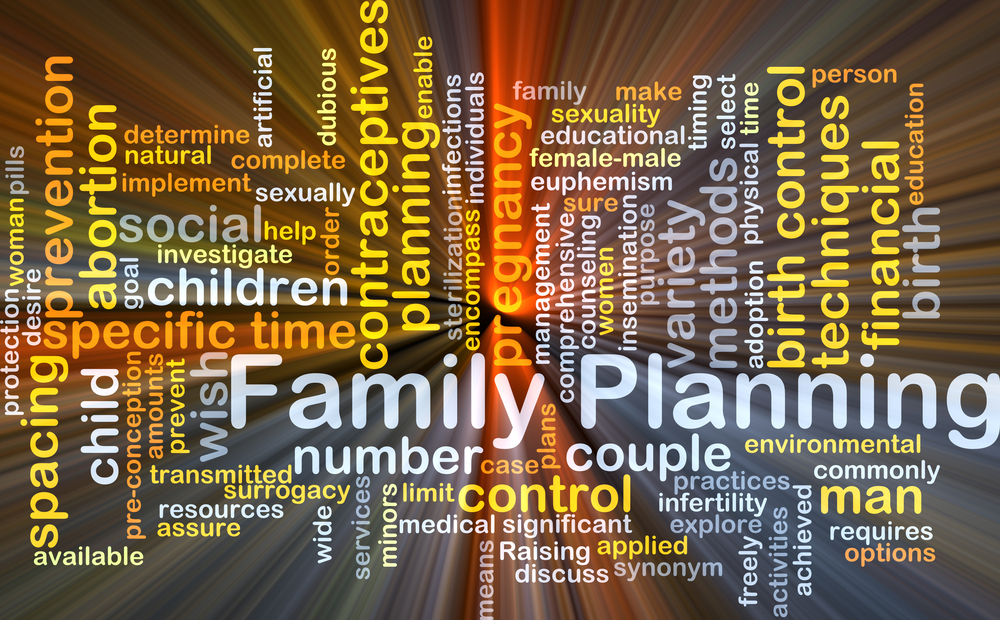By Annette Pinder
According to the National Partnership for Women and Families (NPWF), Black women in the U.S. have poor maternal health outcomes, primarily due to a long history of systemic barriers to obtaining quality care. As a result, Black women are three to four times more likely to experience a pregnancy-related death than White women.
NPWF notes that racism, sexism and other barriers have also resulted in income inequality among Black women, who are typically paid just 63 cents for every dollar paid to White, non-Hispanic men. Thus, Black women and their families have less money to support themselves and their families, and must often choose among essential resources like housing, childcare, food, and health care.
The problem is complex, and directly impacts the health outcomes of these women and their families, who believe that they lack access to quality medical care. They are also more likely to be uninsured, less likely to receive prenatal care, and have higher rates of preventable diseases and chronic health conditions, such as diabetes, hypertension, and cardiovascular disease. When, or if, Black women choose to become pregnant, these health conditions influence both their own and their infants’ health outcomes.
More than ever, the Community Health Center of Buffalo (CHCB) wants individuals to know that they are committed to providing non-judgmental, confidential comprehensive sexual, family-centered reproductive, and preventive services to low-income teens, women, men, and LGBTQ+. CHCB also offers a Family Planning Benefit Program for individuals who do not have health insurance, in order to reduce their barriers to care. No referrals are required, and individuals under the age of 18 can receive confidential testing and treatment for STIs, including HIV and birth control without parent or guardian consent. Learn more at https://chcb.net/family-planning-services or call 716-986-9199.












